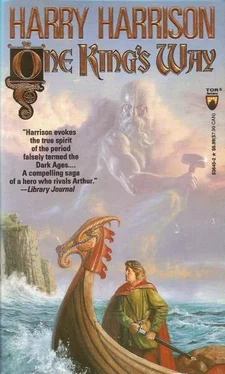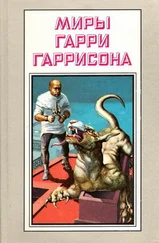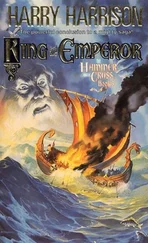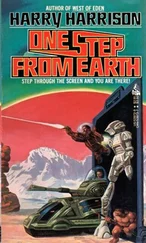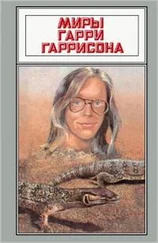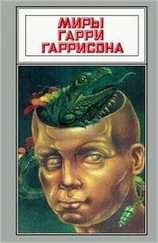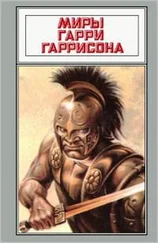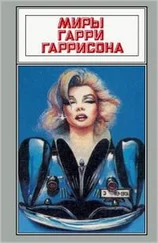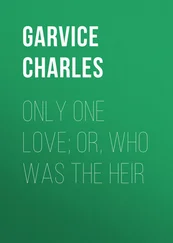“Still, they haven't. Volunteers, they say, and a force he brought with him from the far North, Finns and skogarmenn . I doubt there's much to worry about there. What makes me think a bit harder are the Norwegians.”
Olaf Elf-of-Geirstath, once he heard from the emissaries of the Way what had happened at Uppsala, had responded by calling out his full levies from all the kingdoms he had dominated since the death of his brother, and rowing south as soon as the ice would let him, to meet the man he considered to be his over-king.
“Norwegians!” said Ubbi. “And led by that fool Olaf. They'll start to fight among themselves before long, and he has sat at home for forty years. He is no threat.”
“He was no threat,” said Sigurth. “What bothers me is the way he's changed. Or been changed.”
He sat silent, sipping the wine and pondering. His brothers exchanged glances, sat silent also. Of them all, Sigurth was the one who best read the future. He was sensitive to every change of fortune, every shift of luck and reputation.
What Sigurth was thinking was that he smelled trouble. In his experience, trouble came always from the quarter least expected, and was worst when you had had a chance to settle it and had failed to take it. He and his brothers had neglected this man Skjef, or Shef to begin with. He himself had let him off with the loss of one eye when he was entirely in his power. Then, alerted to his ability to make trouble for them, they had tried once and twice to deal with him. The first attempt had cost them their brother. The second had almost cost him and his two remaining brothers their reputation. And the man had got away from them again. Maybe he should not have restrained Halvdan when he wanted to plunge through the water and attack him. He might have lost another brother. If it had finished their enemy off once and for all, it might have been worth it.
Behind it all, Sigurth wondered, was there some suggestion, some hint, of a shift of favor from the gods? Sigurth was a skeptic in most ways, not above frightening priests or buying good omens. Yet beneath it all there had always been a bedrock certainty that the old gods did exist, and that he was their favorite, the favorite of Othin especially. Had he not sent him thousands of victims? Yet Othin might turn against a favorite in the end.
“We will send out the war-arrow,” he said. “To every land we control. To turn out with full force or feel our retribution.
“You know what else worries me?” he went on. “Think of this table as the Scandinavian lands, Denmark here, Norway here, Sweden here.” With flasks and mugs he began to trace a primitive map on the table. “Look at the way he's been traveling round. Here in the south, where we met his fleet at sea. Then up at Hedeby. Then off to Kaupang. Then up to the far North. And then he reappears where no-one would expect him, on the other side of the Keel mountains. He's making a circle. Or should I say a circuit?”
The circuit was the road the king rode on, to collect his taxes, expose himself to challenge, impose his authority. The Eiriksgata in Sweden was one. Shef's road could be seen as a greater one, a circuit of all the circuits.
“Well,” said Halvdan, looking at the pattern of the mugs. “He has one step yet to take before he has completed the circuit. Or the circle. And that is here, at the Braethraborg.”
Very far away, four others met in conclave. Not three brothers this time, but three brothers and their father. If he was their father, if they were really brothers. Such things become uncertain among the gods.
They stood at the Hlithskjalf, the lookout place of Asgarth, stronghold of the gods. To their eyes nothing was invisible, nothing at least on Middle-earth, centermost of the nine worlds. They saw the fleets crawling across the sea, the fish swarming beneath it, saw the corn growing and the seed springing.
“I have held him in my hand,” said Othin All-father, “and let him go. And he has denied me, refused me sacrifice, slain my followers. I sent the snow and the Finns to kill him, and he escaped me. And what saved him? A troll, a iötunn, one of the brood of Loki the accursed.”
The others exchanged looks. Heimdall, watchman of the gods, his great horn slung round his neck, ready to blow on the day that the iötnar should rise to bring Ragnarök to gods and men, spoke carefully. “One of the Huldu-folk saved him, All-Father. We do not know that such are the brood of Loki. But something stirred up the whales, the killers who obey nothing but their sport and their hunger. It was not I, it was not you. If it was the Chained One, as I believe, then he is the Chained One's enemy. And the enemy of our enemy is our friend.”
“He burned the great oak. He burned the temple. He released those dedicated to me and to your brother Frey. Even now he sails with Christians at his side.”
This time Thor tried his skills of persuasion, never very great. “The ones dedicated to you were a poor lot. He sent you others—your own priests. They were a poor lot too, but it was a fair exchange. He has Christians with him, but he has done more to weaken them than any of your favorites. What did Hermoth do against them, or Ivar whom this man killed? Kill a few, I dare say, but that only encourages the rest. This one has taken kingdoms away from them. They fear him more than you do.”
A careless word, and the glare of Othin's one eye shot like a dagger at the red-bearded god, who looked down and fingered his hammer awkwardly.
“Not fear, of course,” he went on. “He is a smith, though, and a friend of smiths. He is that first and last. I am for him.”
“If what you say is true,” said Othin eventually, “then maybe I could find a place for him in my army at Valhalla, place him among the Einheriar. Is that not reward and honor enough for any mortal?”
Only for the crazy ones, thought the god who had not spoken. Heimdall looked at him in warning, for Heimdall could hear the thoughts in a man's head, or a god's. It was true, though. Only the crazy ones saw reward in fighting to the death every day and then coming to life to talk it over every evening.
“The Einheriar are there,” said the silent god, “to win the day at Ragnarök.”
“Of course,” said Othin. He glared at Rig with his one eye. Rig was crafty, skilled with words beyond any of his other sons. Sometimes wondered if Rig might not be a son. Certainly Rig had cuckolded many husbands, made many men bring up cuckoos. Could he do the same to gods?
“And the purpose of Ragnarök is to destroy evil and make the world anew? To repair the great maim that we and it suffered when Balder died? When the Accursed One did his greatest evil, and became for us the Chained One.”
The other gods stiffened a little. The name of Balder was no longer spoken among them, or not in Othin's hearing. It was ill to stir old wounds.
Rig went on, his voice cool and ironic, as always. “But are we sure that Ragnarök will be a victory? No. That is why Othin strengthens always his army in Valhalla. If it is a victory, are we sure that there will be a better world on the other side? No. For there are prophecies to say that all of us—or all of you—will perish on that day. You, Thor, from the poison of Iörmungand the World-Serpent. You, Heimdall, facing your brother Loki. For me I have heard no prophecy. But Othin All-father—it is said that for him the jaws of Fenris-Wolf lie ever in wait.
“So why are we so eager to run to Ragnarök? Why has none of us asked himself: what if the world could be made anew without the destruction?”
Читать дальше
